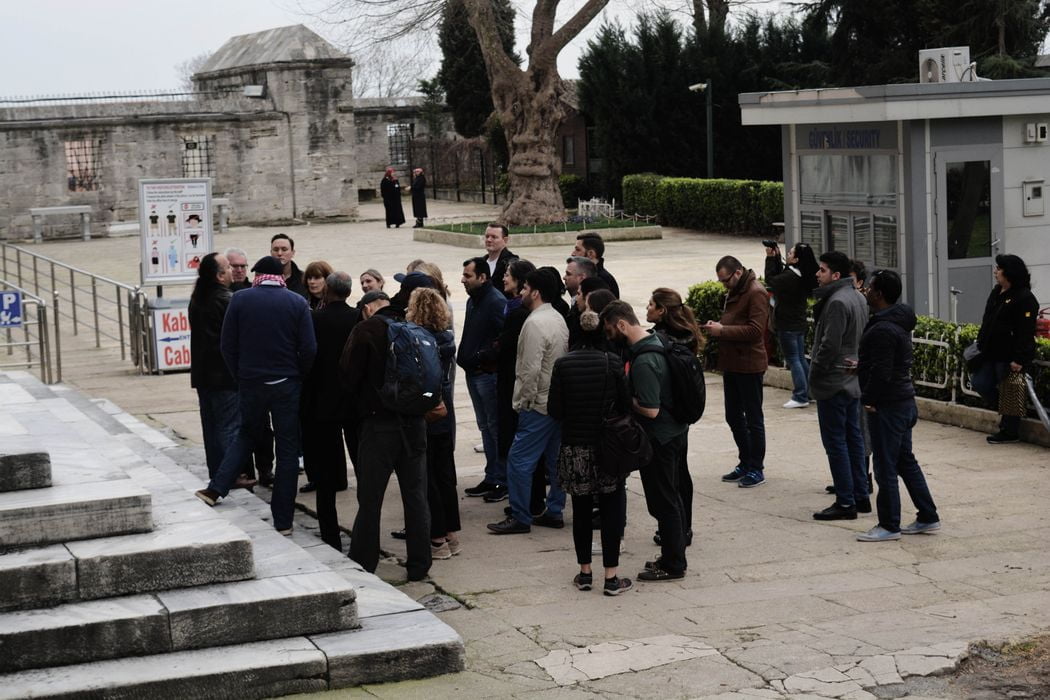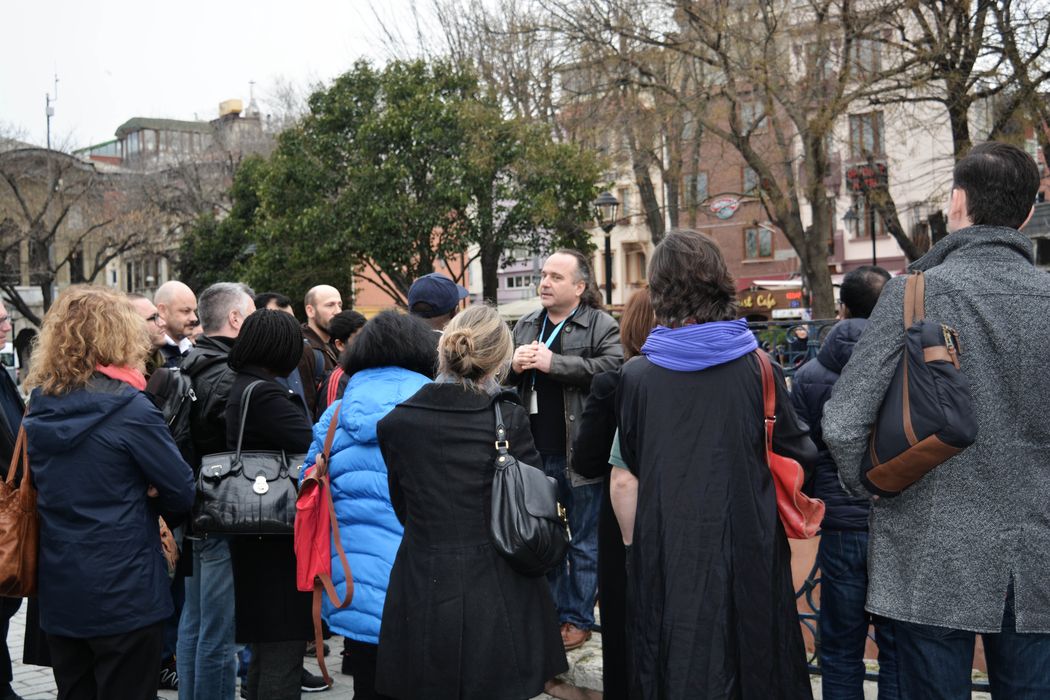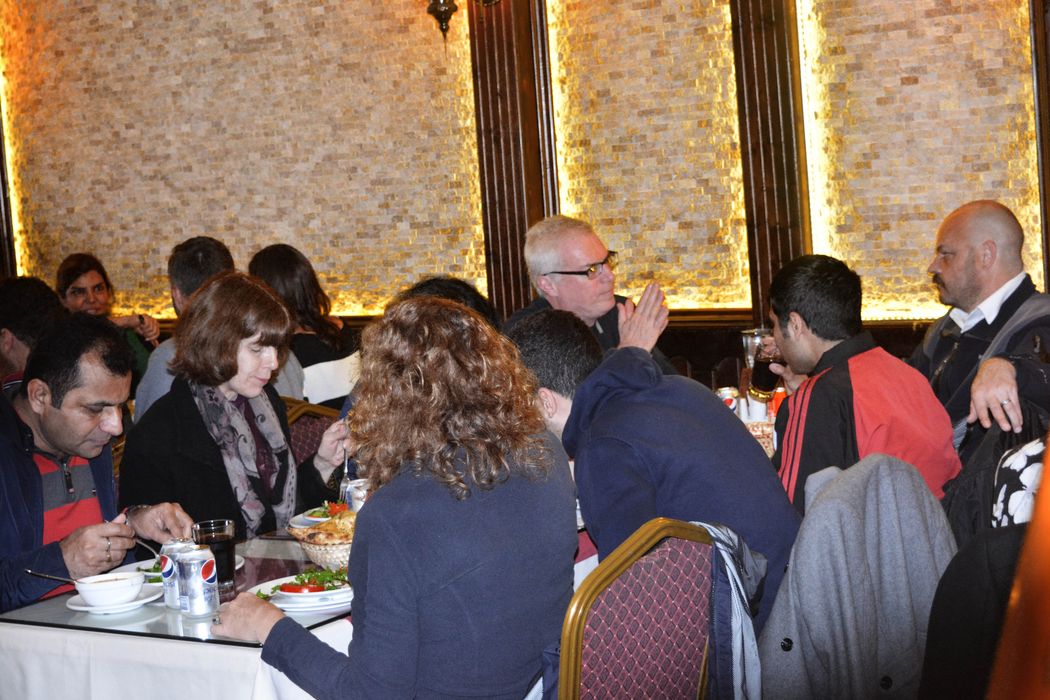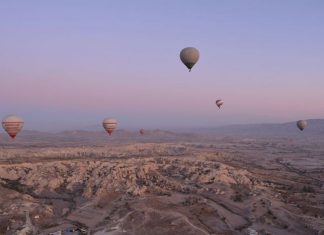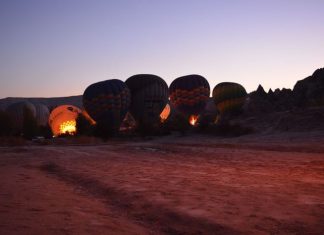After staying some days as his guest I set out for the town of San’a’, which was the former capital, a populous town built of brick and plaster, with a temperate climate and good water. A strange thing about the rain in India, Yemen, and Abyssinia is that it falls only in the hot weather, and mostly every afternoon during that season, so travellers always make haste about noon to avoid being caught by the rain, and the townsfolk retire indoors, for their rains are heavy downpours. The whole town of San’a is paved, so that when the rain falls it washes and cleans all the streets.
Ibn Battuta arrives in Aden
I travelled thence to ‘Aden, the port of Yemen, on the coast of the ocean. It is surrounded by mountains and can be approached from one side only; it has no crops, trees, or water, but has reservoirs in which rainwater is collected.
The Arabs often cut off the inhabitants from their supply of drinking-water until the they buy them off with money and pieces of cloth. It is an exceedingly hot place. It is the port of the Indians, and to it come large vessels from Kinbayat [Cambay], Kawlam [Quilon], Calicut and many other Malabar ports [on the south-west coast of India]. There are Indian merchants living there, as well as Egyptian merchants.
Its inhabitants are all either merchants, porters, or fishermen. Some of the merchants are immensely rich, so rich that sometimes a single merchant is sole owner of a large ship with all it contains, and this is a subject of ostentation and rivalry amongst them. In spite of that they are pious, humble, upright, and generous in character, treat strangers well, give liberally to devotees, and pay in full the tithes due to God.
Ibn Battuta sails along the east coast of Africa
I took ship at Aden, and after four days at sea reached Zayla [Zeila, on the African coast], the town of the Berberah, who are a negro people. Their land is a desert extending for two months’ journey from Zayla to Maqdashaw [Mogadishu]. Zayla is a large city with a great bazaar, but it is the dirtiest, most abominable, and most stinking town in the world. The reason for the stench is the quantity of its fish and the blood of the camels that they slaughter in the streets. When we got there, we chose to spend the night at sea, in spite of its extreme roughness, rather than in the town, because of its filth.
Read More about The Lost Phcebe part 12

